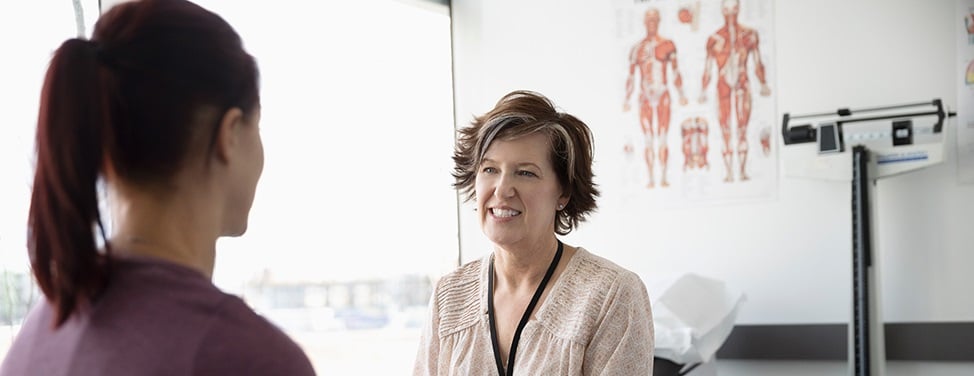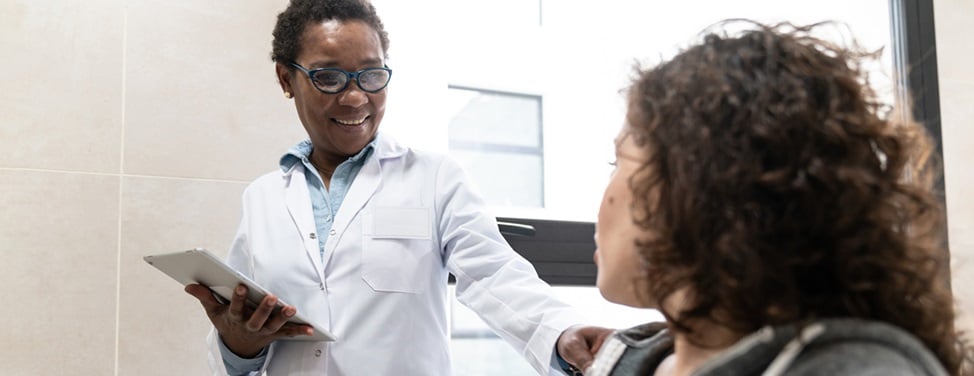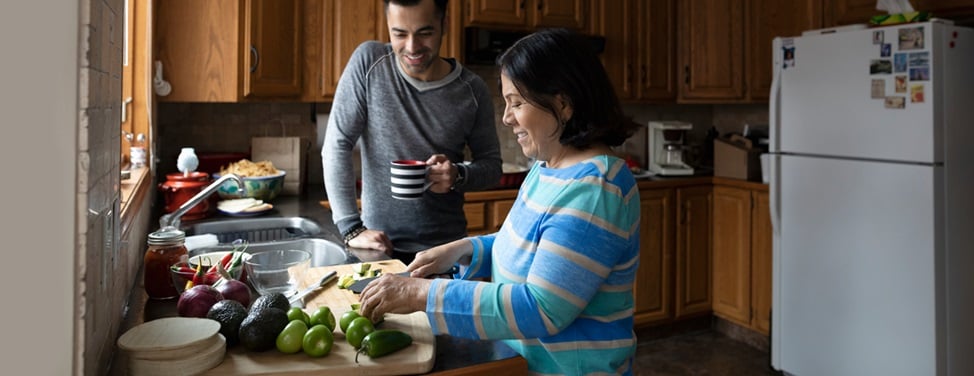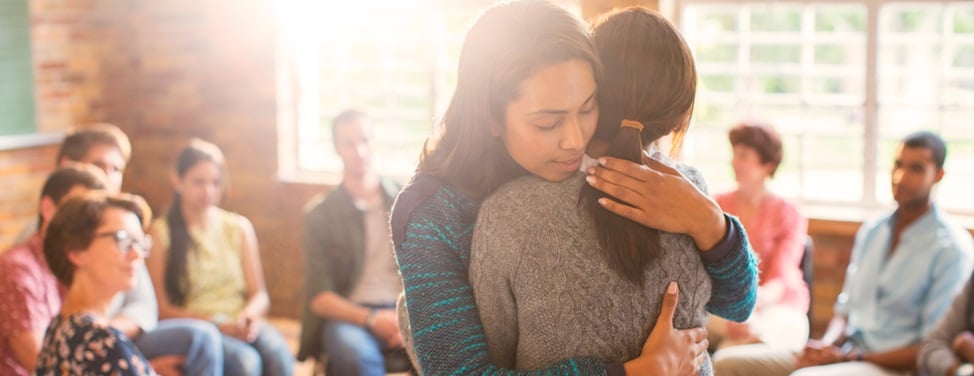Fatigue caused by cancer and cancer treatment can make it difficult to accomplish even the smallest of tasks. Having other people around who can help you with these everyday tasks can alleviate the fatigue, but delegating responsibilities to others can be a difficult task in itself. Here are some tips to help guide you in delegating tasks to others.

Delegation to Help with Fatigue
Know your world
Find out what is contributing to your fatigue.
- Is it the cancer diagnosis?
- Is it the symptoms related to your cancer or cancer treatment?
- Is it the change of roles at home?
- Is it financial stress?
- Is it emotional and/or physical stress?
Know yourself
Discover what personal barriers you need to overcome to realize the benefits of delegating to others.
- Would it cause a sense of anger?
- Would you feel a loss of control?
- Are you concerned that things won't be done right?
- Would you feel like you wouldn't be needed?
- Would it threaten a loss of your "normal" role in the family?
Know what needs to be done
- Make a list of what you need done.
- Plan and prioritize your list into items that must get done, items that can be done later and those that can be dropped.
- Make a list of all your friends and family members who might be recruited to assist you. Also, think of individuals associated with an organization, such as a church or synagogue, who might be able to help recruiting others. Remember that the more people there are to help, the easier it is for everyone.
- If possible, find a friend or family member who can divide duties among your family members and friends, considering their skill and knowledge level, motivation and personal traits. An easy way to let people know how they can help is by sending out an email list or calling individuals and asking them to pick one or two tasks they would like to do. It's important to be clear about the responsibility and your expectations.
- Evaluate and provide praise. Thank people for their good work and, to the extent possible, resist the temptation to take over if things go wrong.
Communicate
- Openly and honestly, let your friends and family members know your feelings.
- Use "I feel" and "I want" statements.
- Communicate who, what, where, when, how and why.
Resolve conflict
- Shift your focus. Determine what is possible in this situation, and turn away from negative feelings. Separate the person from the problem.
- Create a positive, open attitude. Listen and empathize with what the other person wants or needs. Respect feelings that are expressed.
- State your feelings. Be direct and honest. State your feelings clearly and factually. Determine what you are willing to do or give to get what you want.
- Evaluate mutual goals. Determine what the other person is willing to do or give up to get what he or she wants and propose a solution that reflects understanding of what you both want or need.
Evaluate feedback
The final step in this process is providing positive and constructive feedback to your friend or family member. If these words are left unspoken, he or she may wonder, "Did I do okay?" "Does he or she notice what I do?" or even, "He or she never thanks me, so what does it matter?" Sharing honest feedback regarding a person's efforts and performance takes courage. Providing praise and constructive criticism will strengthen your relationship and create a greater sense of "team" and support of one another as you face your cancer diagnosis.
Conclusion
Delegating tasks can empower family and friends to enhance their talents and skills and possibly develop new ones. In letting go, you show friends and family that you trust, respect them and need them. Ultimately, by sharing the work, you can devote more time and energy to activities and areas that are most meaningful to you.
Adapted from The Key to Delegation by the Oncology Nursing Society 2001
UCSF Health medical specialists have reviewed this information. It is for educational purposes only and is not intended to replace the advice of your doctor or other health care provider. We encourage you to discuss any questions or concerns you may have with your provider.































